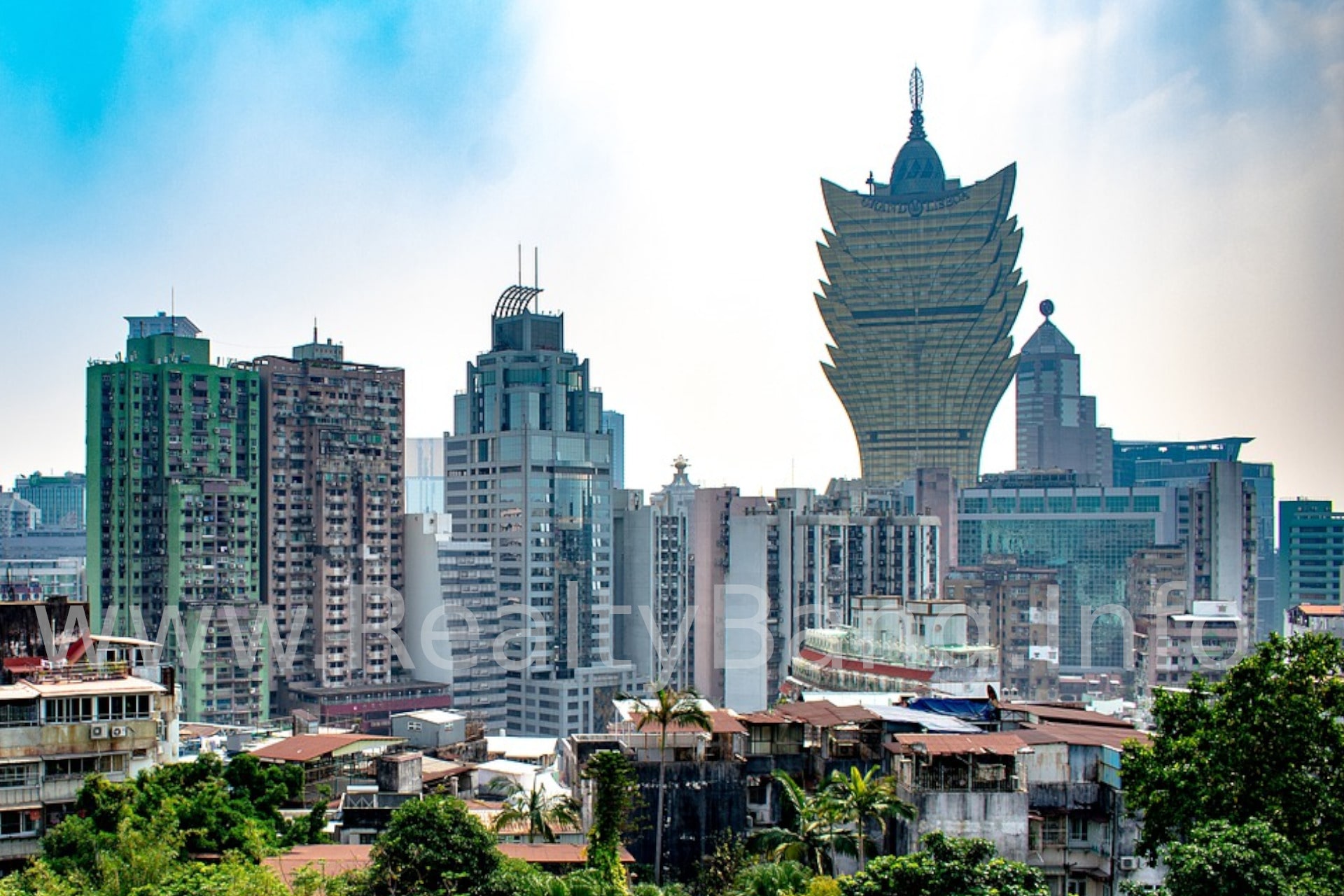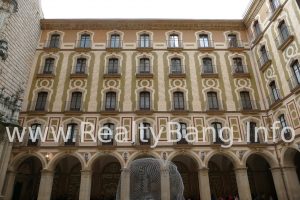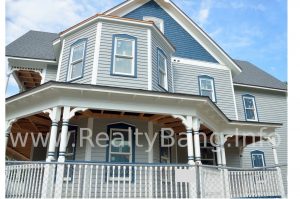Macau Property Purchase Process:
Buying property in Macau is not a difficult process. However, it helps to get a clear understanding of the steps involved in starting a property venture.
The following information can clarify the process and help in your planning.
Once you identify the target asset, the next steps are:
1. The government registration document is known as “Busca”.
You can obtain this certificate from the Macau Land and Real Estate Registry Office.
This document is not only invaluable to the bank’s source of valuation, but it also provides an excellent loan for the property as well as the owner’s name, registered address, and property.
The information can help you identify any illegal structures.
2. Get Bank Valuation on Property
Be careful here and note that the loan amount is based on the bank valuation or negotiated purchase price, whichever is lower.
Therefore we recommend that you should make an offer on the property only after receiving the bank valuation.
3. Get Finance
Interest rates vary from bank to bank, some banks will not offer loans to non-residents, so shop around.
Rates are still competitive, but banks have a lot of requirements that have to be met if they borrow money. In Macau, you will loan 50–70% of their valuation in general banks.
4. Check outstanding taxes and utility bills
You may have to return for many years as bills can be mounted and earned. Keep in mind that outstanding bills are earned against the property and not against the person.
5. Perform Comparative Market Analysis
Your agent will help you by providing an average price per square foot for the apartment in that complex or similar property.
This will allow you to establish what price you want to pay the seller.
6. Price negotiation.
The prices are negotiable.
How much a seller will negotiate depends on many different factors such as the urgency with which they should sell, the terms and conditions, and what they paid for the property.
7. Sign a provisional contract and pay the deposit
The property that meets your criteria and is met after completing the negotiation process – remembering to make only one offer on the property after receiving your bank valuation – will have to pay a deposit.
In Macau, the initial deposit is usually 10% – 20%, and the time for final payment is negotiable, usually 30 – 60 days from the deposit payment.
The provisional contract is the initial contract signed by both parties to achieve the transaction.
Keep in mind that after you pay the deposit if you withdraw from the contract, the deposit is forfeited. Similarly, if the seller withdraws from the contract, they will have to pay double the deposit amount.
8. Complete a Promise Agreement
This is a contract prepared by your lawyer.
This will include; Full details of the seller, your details as the buyer, the agreed price, any special terms and conditions of the contract, and the full date.
You will have to reduce payments at this level, typically 10% -20% of the purchase price, but this figure may vary according to mutual agreement.
9. Sign the sale and purchase deed
To complete the purchase of your property, you must sign in front of the Sales and Purchase Deed as well as the In-Person Mortgage Deed and the Macau Notary Officer.
Official documents will be prepared in Chinese or Portuguese and another copy will be made in English at your request. Your lawyer will be responsible for participating in all post-closing, stamping registrations, etc.
There are also fees and taxes that we covered in previous articles, “Who is buying Macau?” And what is the cost of buying? “.
Macau often lives in the shadow of the surrounding territories. Virtually anyone would consider starting a business in Hong Kong or mainland China before spending in Macau.
But, this former Portuguese colony has some strong points that even its higher neighbors cannot require.
Perhaps you are familiar with Macau due to its casinos. The Chinese Special Administrative Region overtook Las Vegas in 2007 to become the world’s top gambling destination.
Nowadays, Macau’s gaming sector brings in more than 7 times Las Vegas revenue – a truly astonishing figure.
This rapid growth has naturally helped its economy to flourish over the past decade. Macau’s GDP grew by more than 20% in both 2010 and 2011 and became the fastest growing market in the world at the time.
Macau’s dependence on its gambling and tourism industries means that Macau’s development is not stable or consistent.
Why should you invest in Macau?
After all, Macau does not have an equity market. Nor are there anywhere around the number of business opportunities in Hong Kong.
The region has a population of barely 400,000, which is 10% of its more dynamic neighbour. Can you start a business of a million with a few hundred people in one place or like cities across the border from Macau?
With all that being said, there are some reasons why you might consider investing in Macau – especially in its real estate market.
Macau Freehold Property Ownership
It is easy to overlook that Macau is the only part of China that restricts property ownership and Macau Property Purchase Process is easy too. Both locals and foreigners own Macau property permanently.
Compare this to mainland China where all lands are technically owned. Hong Kong land is expiring on lease in 2047, although locals believe the government will renew all leases at that time.
Of course, nothing is certain – especially the current political situation of Hong Kong.
Real estate prices in Macau are half that of Hong Kong. They are on average not less than the US $ 14,000 per square meter. Granted, we are comparing it to the most expensive city in the world.
Yet not every plot in Macau is freehold. Carefully read what you are buying before signing any contract.




